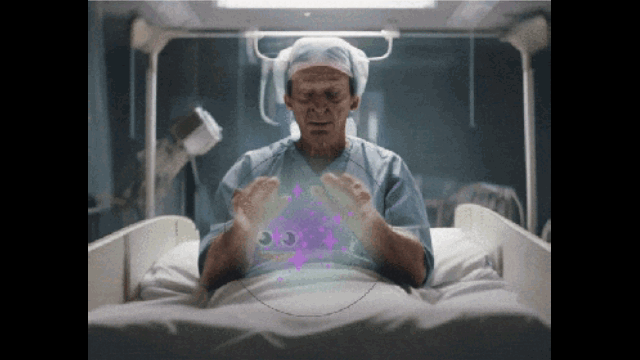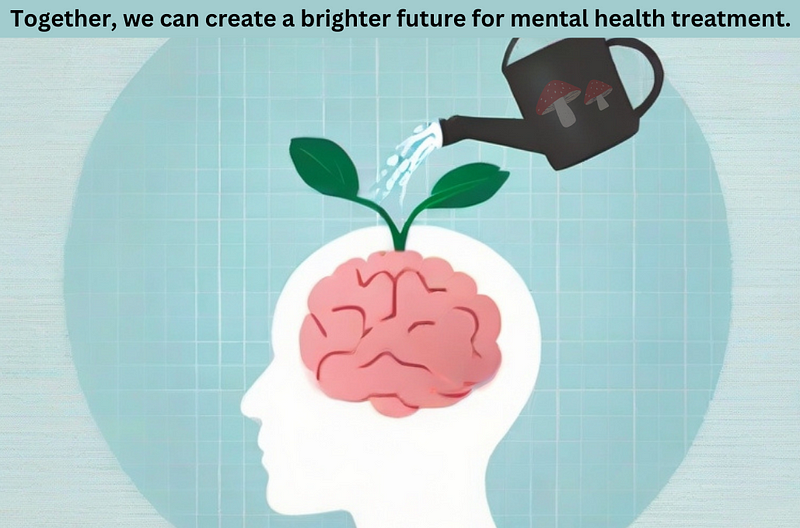Exploring Psychedelic Research: Hope in Complex Times
Written on
Chapter 1: The Revival of Psychedelic Research
The renewed focus on psychedelic research and its promise for mental health care is genuinely uplifting. Despite the intricate regulatory environments and societal views that pose challenges, researchers remain steadfast in their quest to develop groundbreaking therapies that could change lives. Their resilience and commitment to overcoming these barriers inspire optimism for a future where the prospects for improved mental health continue to strengthen with every advancement made in this field.
Background: A Historical Perspective
Psychedelics have a long-standing presence in various cultural and spiritual contexts, known for their capacity to shift perception and consciousness. They gained traction in the mid-20th century but faced stigma and heavy legal restrictions after the regulatory crackdowns of the late 1960s and early 1970s. Recently, a surge of scientific research has indicated that these substances may offer therapeutic benefits for various mental health issues.

- Psilocybin, derived from magic mushrooms, shows potential in easing symptoms of depression and anxiety.
- MDMA, widely recognized as ecstasy, is being investigated for its possible effectiveness in treating post-traumatic stress disorder (PTSD).
- LSD and other psychedelics are currently being studied for their therapeutic roles in addressing addiction and anxiety associated with terminal illnesses.
Chapter 2: Challenges and Constraints
Research into psychedelics encounters numerous hurdles due to regulatory constraints and societal attitudes. In many nations, these substances are classified as controlled drugs, which restricts their use in research settings. This classification not only delays clinical trials but also limits their availability for scientific study.
Public perception, heavily influenced by years of anti-drug initiatives and societal stigma, presents another significant hurdle. Changing the narrative surrounding psychedelics—moving beyond their association with recreational use and counterculture—remains a considerable challenge. Additionally, misinformation and concerns about potential misuse contribute to skepticism among both policymakers and the general public.
The historical misuse of psychedelics, alongside adverse reactions, adds an extra layer of caution for regulatory agencies. Addressing safety concerns and the long-term effects of these substances is essential for gaining wider acceptance within the scientific and medical arenas.

Despite these obstacles, there is a notable shift in attitudes and policies regarding psychedelics. Some areas are reevaluating their positions, recognizing the importance of a balanced approach that acknowledges the potential benefits in controlled therapeutic contexts. Organizations advocating for psychedelic research emphasize the need for a rigorous, evidence-based approach, urging a reassessment of current regulations to facilitate controlled studies and clinical trials under strict safety guidelines.

Through continuous clinical trials and an expanding body of research, the domain of psychedelic therapy is progressively overcoming the limitations that have long hindered its development. By fostering open discussions among scientists, policymakers, and the public, we can navigate the regulatory landscape and responsibly unlock the full therapeutic potential of these substances.

I invite you to share your thoughts on this article in the comments section below. Don't hesitate to contribute to the conversation! This article is part of a series of ten articles. Click here to explore the rest.